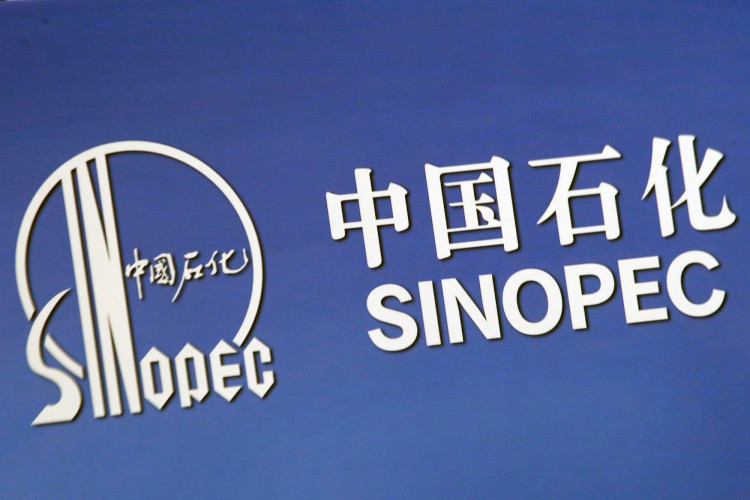China Petroleum & Chemical Corporation (Sinopec), through its subsidiary, has managed to complete the world's largest network of mask material production to meet the continually increasing demand for facial masks amid the spread of the coronavirus pandemic. The company announced that it has now put into operation 12 melt-blown non-woven fabric production lines, with the latest one coming online on Saturday.
Sinopec Yizheng Chemical Fibre Co, the materials subsidiary of China's largest oil refiner, announced that it now has a total of 16 such production lines that are operating at full capacity. Together with the production of its joint venture firms, the company stated that it should be able to produce as much as 37 tons of melt-blown non-woven fabric per day.
The type of fabric the main material used as the filtering layer in the middle part of surgical facial masks. The fiber has the ability to absorb and block dust, pollen, and bacteria and is essential to making different types of face masks. Sinopec Yizheng Chemical Fiber stated that it expects to reach a production capacity of around 37 tons per day and an annual production of more than 13,500 tons. Its annual production capacity can be used to make up to 13.5 billion medical masks.
The establishment of the network of production lines began in February, at the height of the coronavirus pandemic in China. Sinopec had stated that it quickly requisitioned the construction of the production lines, which would be the largest melt-blown non-woven fabric production base in the world.
The company anticipated that there would be a massive global shortage of facial masks, which is why it had decided to invest up to 300 million yuan or $42 million to build its production facilities. Apart from Sinopec Yizheng Chemical Fiber in Jiangsu, Sinopec also tapped into its other subsidiary, Sinopec Beijing Yanshan Petrochemical Co in Beijing to complete its ambitious production base.
Apart from completing the massive mask material supply chain, Sinopec also recently put into operation China's largest petrochemical port. The 300,000-ton crude oil terminal port operated by its subsidiary, Sinopec Zhongke Refinery Port, successfully docked and unloaded the New Renown, a Crude Oil Tanker (VLCC) from the Middle East.
Apart from housing its refinery plants, the petrochemical port also sports a total of eight terminals, including one with a 300,000-ton crude oil berth, with a total capacity of 34 million tons per year. Sinopec estimates that the new facility should significantly expand its output and inject new momentum in the economic growth of the Greater Bay Area.






